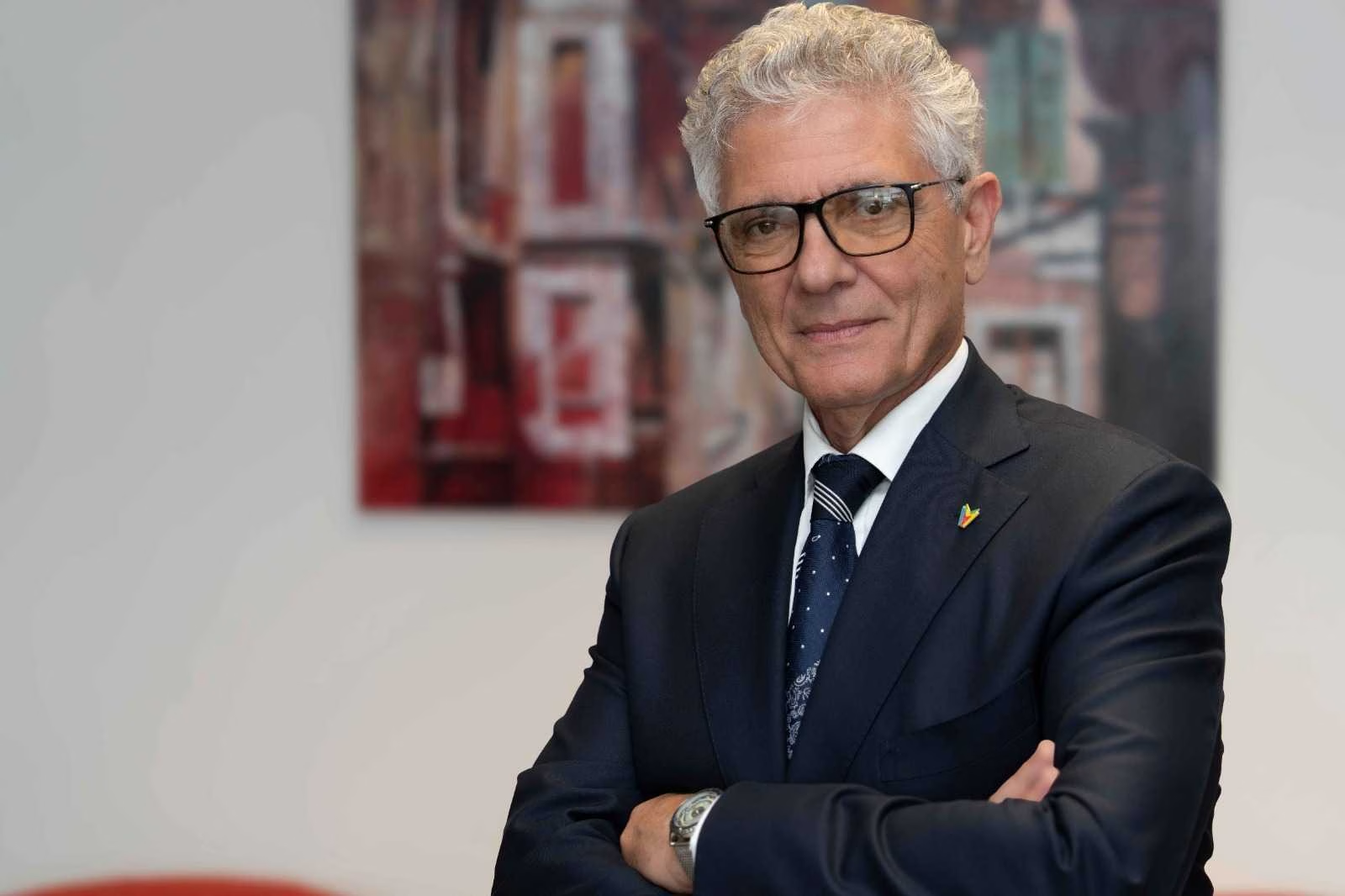Business leaders have emphasised the need for further action to get to grips with Malta’s mounting skills shortage and infrastructure challenges, amid concerns that these are reducing Malta’s attractiveness to investors.
EY Malta’s 19th Attractiveness Survey, released earlier this week, found that Malta’s attractiveness for foreign direct investment (FDI) has gone up marginally in 2023 to 59 per cent, yet is still far behind pre-pandemic times. In the survey, where 130 foreign companies present in Malta where assessed, corporate tax emerged as Malta’s top parameter to attract FDI at 73 per cent, yet investors also noted that prospective changes to international tax policy developments are also the biggest risk at 61 per cent.
Two areas which are cause for concern are infrastructure and factors tied to labour such as talent and skills.
In recent years, businesses have struggled to find and retain talent in what has proved to be a very competitive labour market. On the other hand, Malta has witnessed a rapidly increasing population, prompting surges in construction and transportation difficulties.
According to the survey, a shortage of skills was the second biggest risk to Malta’s attractiveness at 48 per cent, while a staggering 88 per cent of respondents felt that Malta’s planning and preparedness for population growth in terms of infrastructure is inadequate.
The results of the survey were presented during EY Malta’s Future Realised Conference, held on Wednesday at the Mediterranean Conference Centre. At one point during the event, a panel discussion, moderated by EY Malta and Cyprus Country Managing Partner Ronald Attard, was held to hear the immediate reactions of business leaders on the results. MeDirect CEO Arnaud Denis, Bank of Valletta (BOV) CEO Kenneth Farrugia, HSCB Malta CEO Geoffrey Fichte, APS Bank CEO Marcel Cassar, Farsons Group CEO Norman Aquilina, and Malta Enterprise CEO Kurt Farrugia as panellists.

Mr [Kenneth] Farrugia was pleased to hear that banks had gone down the pecking order when it comes to risks for FDI, also pointing towards Malta’s main pull factors such as taxation and the “strength of the telecommunications backbone”.
In terms of infrastructure, he pointed out that the survey, together with presentations given during the conference, gave a “forward-looking view” that something needs to be done, given the importance of sustainability. “We need to ensure that whatever we’re embarking on, sustainability has to always be at the centre of initiatives we’re taking,” he continued.

Mr Cassar noted that the main takeaways of the survey “all hover on the sustainability of Malta’s economic model”.
He emphasised that over the years, Government has been seen as the “ultimate sponsor and financier” of infrastructure, yet this needs to change, as the programme that is ahead of Malta to upgrade requires an effort that “goes beyond Government”. He pointed out that there is more knowledge about supporting sustainable infrastructure projects than there was before, and banks, through their “culture of good financial discipline”, can promote more efficient spending within this area.

Mr Denis was “struck” by the finding that only 25 per cent of existing FDI companies believe Malta is attractive in terms of research and development (R&D) and innovation. He said that there has been progress in terms of adopting emerging technologies, and Malta has the potential to succeed in this space.
Mr Fichte, who was attending the conference for the first time since he was appointed CEO earlier this year, explained that the survey results show that the situation is not as bad as many think, and there is a “degree of resilience in a very volatile global environment”.

“In the entire world there’s a lot of competition and have to constantly up our game to prepare for the future,” he said, before stating that he resonates with the findings, as he is aware of concerns about labour shortages and sustainability.
Mr [Kurt] Farrugia was in agreement, stressing the importance of stability. “Stability is crucial even when discussing with businesses internationally. The current climate says that the world is crumbling, then the stability of our islands is important,” he added.
“It is important that we keep diversifying the economy, something we have taken on board early on at Malta Enterprise. We took a two-pronged approach: the retention of current FDI stock to ensure they continue to grow and expand, and secondly to diversify when it comes to new FDI,” he said.

He commented that there needs to be a shift from attracting large companies that require large workforces, to smaller players that possibly create less jobs, but are “more specialised and pay better”.
On the other hand, Mr Aquilina took a wider view, noting that even though it is good to note that results are becoming more stable, there has also been a decline over the past decade.
From 2014 until 2016, Malta’s attractiveness rose from 79 per cent to 87 per cent, yet this has dropped significantly since then, experiencing consecutive decreases in all reporting years aside from 2019 (77 per cent), 2022 (58 per cent) and this year (59 per cent).

“I believe that there are a handful of issues, such as the tax reform, labour shortages, skills, and the environment, among other things, that need attention,” he explained.
“It is a good thing that we are holding on well to existing FDIs, but we seem to be losing our shine when it comes to attracting new FDI. We need to be a bit more selective of which FDIs we should be attracting,” Mr Aquilina continued.
He also proposed possibly extending the survey to also reach companies who have not yet invested in Malta, as that would give “another dimension” to the findings, and why Malta lost potential investors.
During other parts of the conference, a series of clips were showcased, where a number of other business leaders voiced their opinions and insight on the results.
Economist and former President of The Malta Chamber Marisa Xuereb highlighted that infrastructure, labour force, and standards of governance are the “enablers that will draw the right investors to Malta”.
She added that the fact a large proportion of FDIs think Malta’s infrastructure is inadequate should “raise serious alarm bells”.
Vassallo Group Founder Nazzareno Vassallo stated that all economy stakeholders need to make sure that the people who visit Malta are “not put off” by inadequate infrastructure, before adding that new economic sectors must also be developed.
M. Demajo Group CEO JJ Miceli Demajo called for Government to “widen” corporate tax incentives in order to assist enterprise investment.
Robert Debono, CEO of DB Group, remarked that Malta needs to protect itself by building on its strengths, such as tourism.
In agreement with other business leaders, he stated that talent remains the “biggest challenge” for businesses, as Malta’s talent pool is “not keeping up” with growth.
Gertrude Micallef promoted to Senior Consultant at Shoulder Compliance
Prior to entering the compliance field, she built a career in technology and professional services.
69% of employees say their skills are not fully used
Untapped talent is not merely a morale issue, but a strategic risk.
‘Only one in six tourists visit Malta for just the sun’ – MTA chairman
Charles Mangion says the next step in Malta’s tourism strategy should involve managing growth more responsibly.
‘Heartbreak leave’: Should Maltese employers acknowledge romantic loss as a workplace issue?
The question is less about whether heartbreak affects work, and more about how organisations respond when it does.









